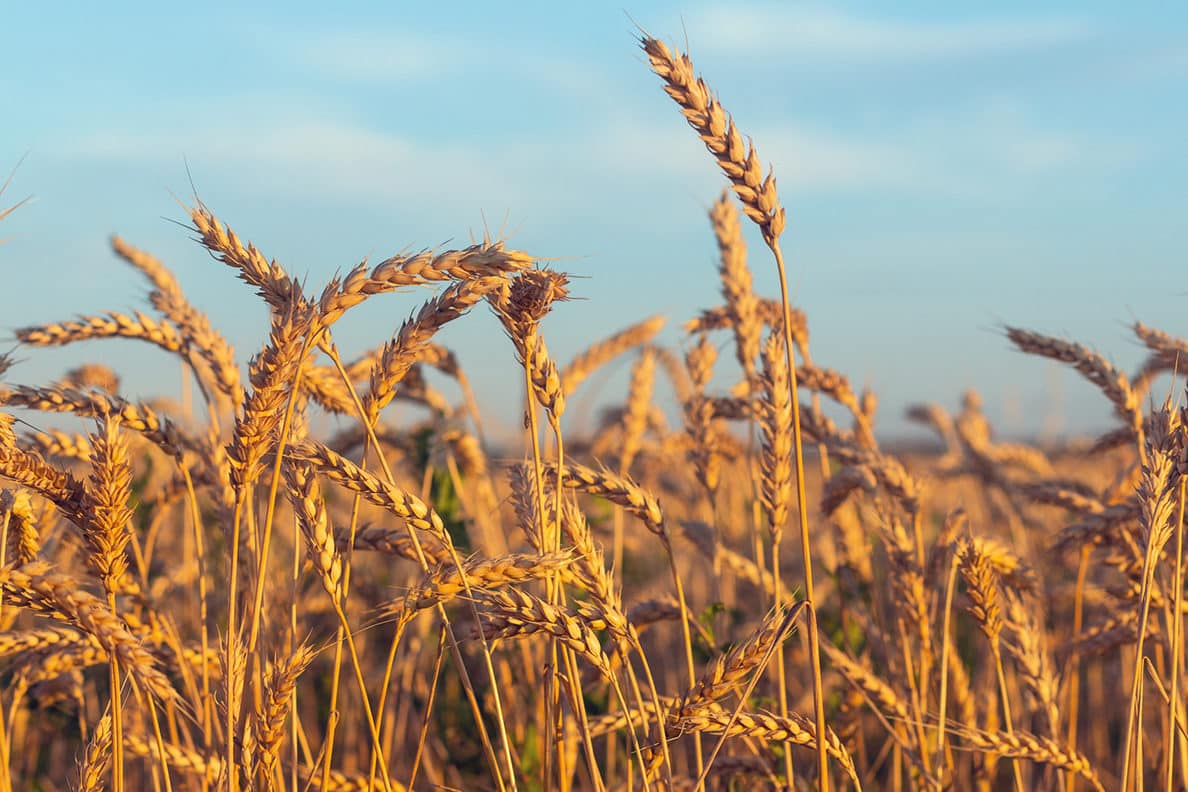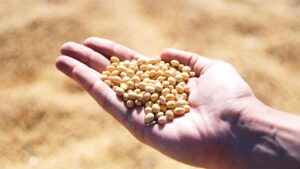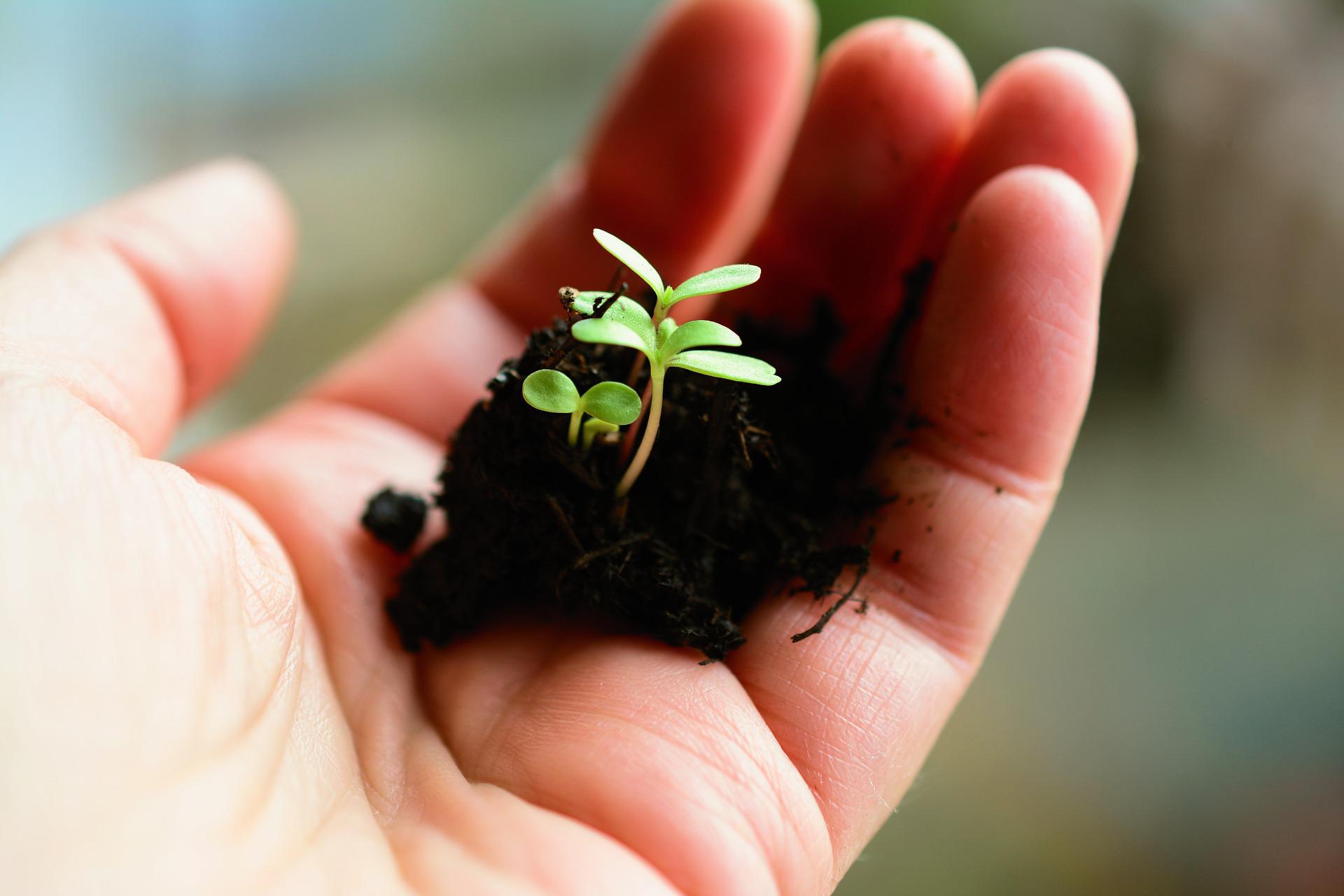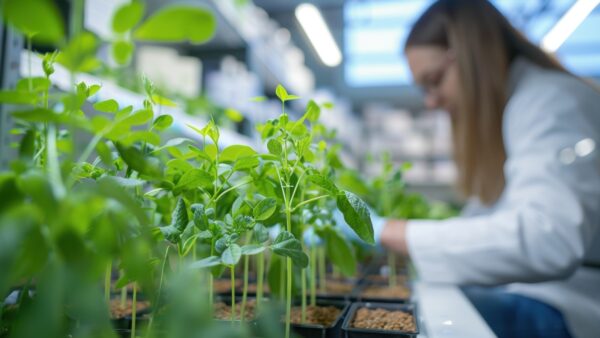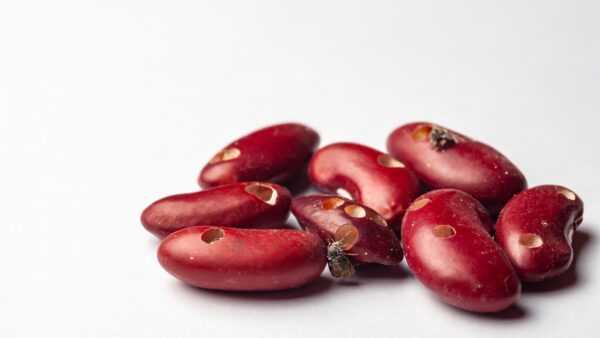The International Wheat Genome Sequencing Consortium (IWGSC) is pleased to announce that BASF has joined the organization as a sponsoring partner.
The IWGSC is an international, collaborative consortium of wheat growers, plant scientists, and public and private breeders dedicated to the development of genomic resources for wheat scientists and breeders. These resources aim at facilitating the production of wheat varieties better adapted to environmental challenges, with higher yields, enhanced nutritional quality, and improved sustainability. The program is establishing the scientific foundation to urgently drive innovation in wheat production.
Sponsors are an essential part of the IWGSC. They participate in IWGSC-led projects and, as members of the Coordinating Committee, they help shape the IWGSC priorities, strategic plans, and activities.
The demand for wheat is growing rapidly, while extreme weather volatility and climate change present new threats to global harvests. With its industry-leading wheat seeds and traits research platform, BASF is developing and commercializing next-generation wheat hybrids that will bring significant yield benefits for farmers globally, meet industry demands and contribute to improving people’s lives.
“We are thrilled to have BASF come on board,” says Kellye Eversole, executive director of the IWGSC. “We have been working with the BASF team in Ghent for many years and they have played a critical role as a leader, a sponsor, and a collaborator in all the consortium’s previous activities which culminated in the publication of the high-quality, reference genome sequence of bread wheat last year. Industry leadership is even more essential today as we move forward with our activities that are designed to further build the foundation to accelerate breeding of wheat.”
“Our Innovation Center in Ghent is an integral part of our efforts to create the next-generation of hybrid wheat. This new technology will provide growers with a step-change in grain yield and robustness against environmental impacts which we plan to launch in the mid-next decade. The wheat reference genome developed under IWGSC leadership has been a cornerstone of our wheat gene discovery and breeding activities and we are convinced the next phase of the projects will be equally important in further advancing public and private wheat R&D,” says John Jacobs, program leader Crop Efficiency, who will represent BASF in the IWGSC Coordinating Committee.
In August 2018, the IWGSC published the reference sequence of the wheat genome (IWGSC RefSeq v1.0) in the journal Science, a culmination of 13 years of international collaboration. Since then, the IWGSC has moved into the next phase and has focused its efforts on characterizing the breadth of worldwide wheat diversity by sequencing landraces and elite varieties, and on improving the reference sequence by gap filling and integration of manual and functional annotation. Furthermore, the IWGSC also continues its efforts to develop user-friendly, integrated databases and tools to benefit public breeders and industry partners. One of those tools is the IWGSC Exome Array based on the IWGSC RefSeq v1.0, developed in collaboration with Arbor Biosciences, that will be available this summer.


